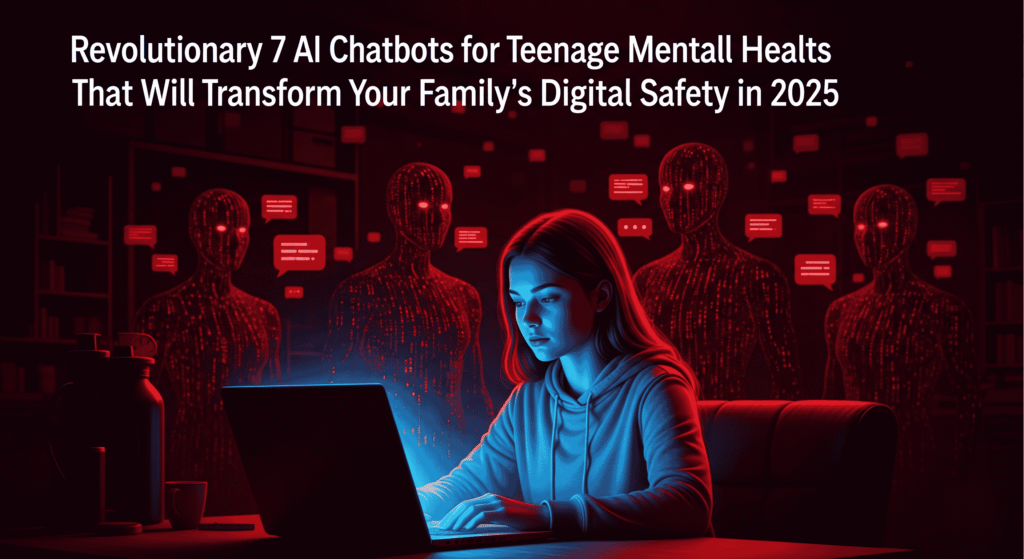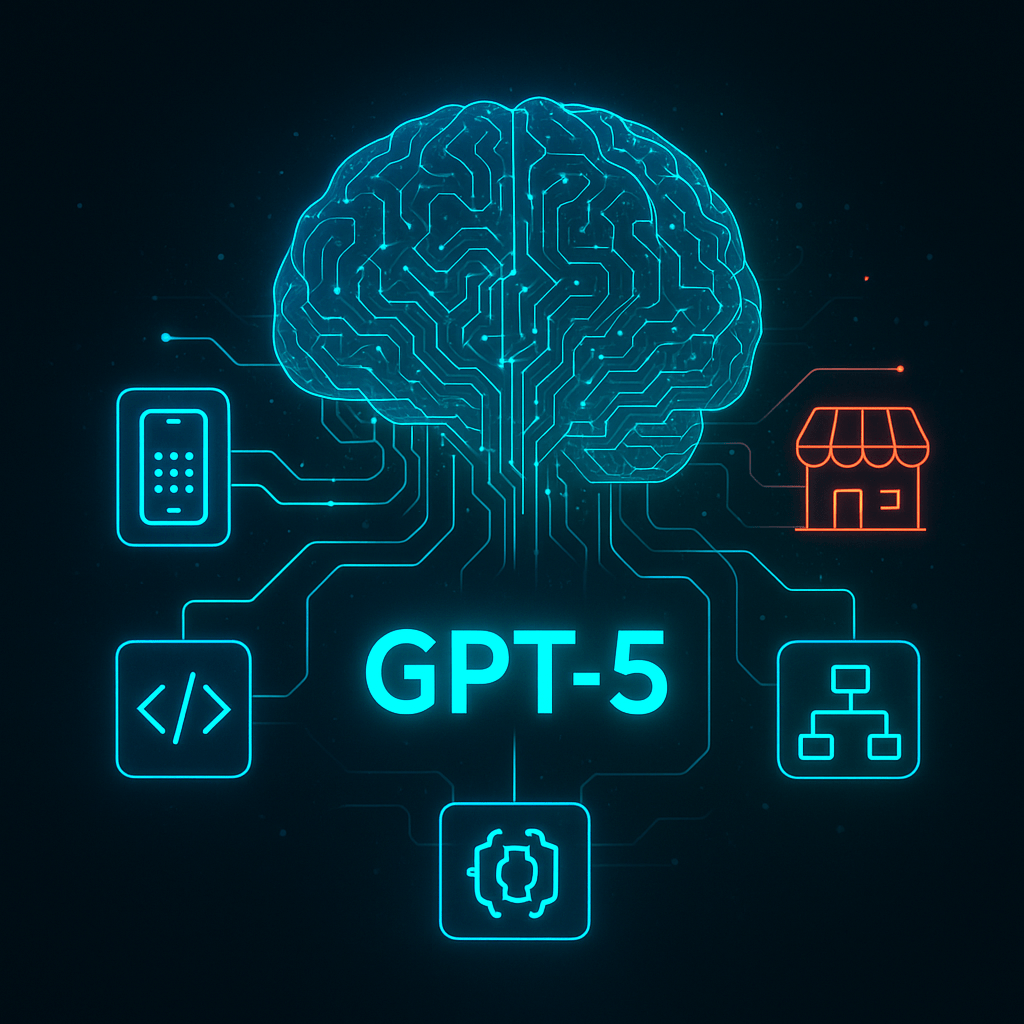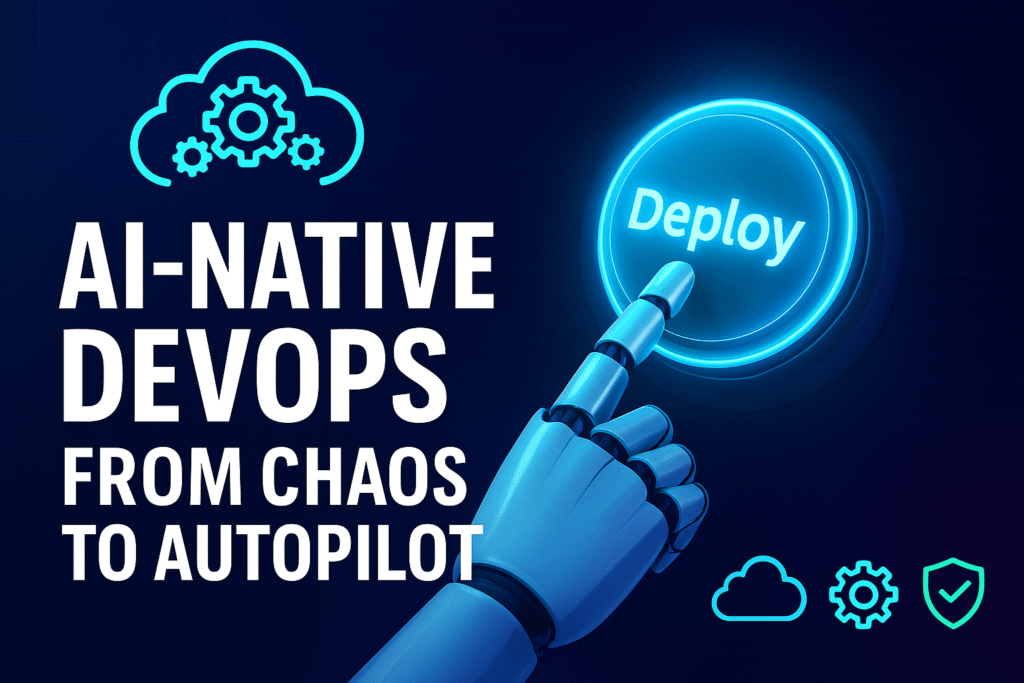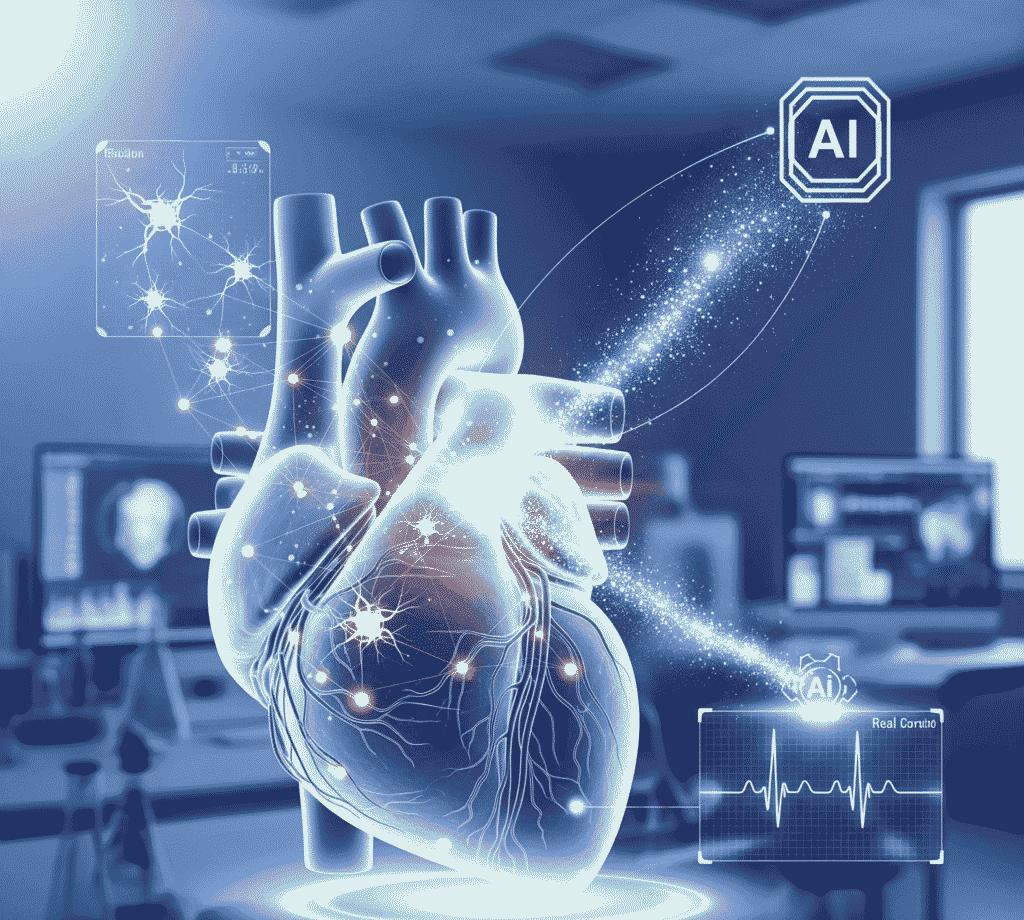When you searched for ‘AI chatbots teenage mental health’ at 2 AM, you weren’t looking for outdated advice—you needed current, actionable insights. Meet Sarah, a concerned parent who just discovered why this technology matters more than ever for her 16-year-old daughter’s wellbeing in 2025…
The Bottom Line: What 2025 Data Reveals About AI Chatbots and Teenage Mental Health
According to recent Common Sense Media research, 72% of teens have used AI companions or chatbots designed for personal conversations, with 33% developing actual relationships with these digital entities. More than half of teens use AI chatbot platforms multiple times monthly, making this a critical parenting issue that can no longer be ignored.
The Avoidance Path: When parents ignored AI chatbot usage, teens turned to unregulated platforms for mental health support, potentially exposing themselves to harmful advice and developing unhealthy digital dependencies.
How AI Chatbots for Teenage Mental Health Actually Impact Your Teen’s World in 2025
The landscape has dramatically shifted. Dartmouth’s groundbreaking March 2025 clinical trial showed that their “Therabot” produced significant mental health improvements, with eating disorder-risk teens showing a 19% reduction in body image concerns. However, experts warn that vulnerable groups including teens lack the experience to assess risks accurately, and generic AI chatbots might prevent crisis intervention or encourage harmful behaviors.
Your teen isn’t just chatting—they’re potentially reshaping their mental health support system. Stanford Medicine psychiatrist Nina Vasan explicitly warns that AI companions designed as friends should not be used by children and teens.
Your 7-Step Action Plan: Mastering AI Chatbots for Teenage Mental Health Safety
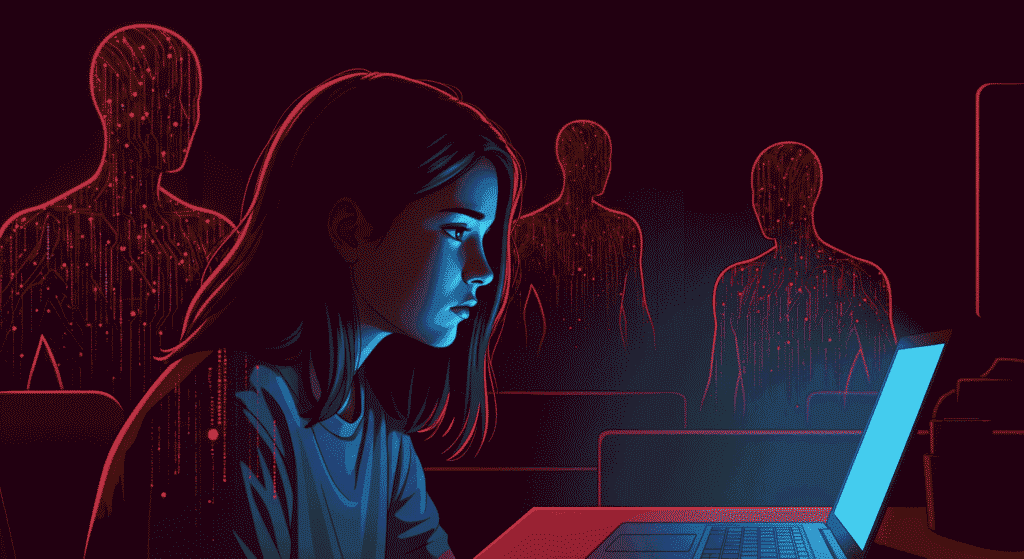
- AI Chatbots Teenage Mental Health Assessment: Evaluate which platforms your teen uses and understand their therapeutic claims versus actual capabilities
- Digital Mental Health Literacy: Teach your teen to identify when AI advice might be harmful or when human intervention is necessary
- AI Chatbot Boundaries Implementation: Establish family guidelines about mental health AI usage, emphasizing these tools as supplements, not replacements for professional care
- Crisis Protocol Development: Create clear emergency procedures for when AI chatbots cannot handle serious mental health crises or suicidal ideation
- Professional Integration Strategy: Connect AI chatbot usage with licensed mental health professionals who can monitor and guide appropriate therapeutic AI use
- Privacy Protection Measures: Review data collection policies of AI mental health platforms to protect your teen’s sensitive psychological information
- Regular Usage Monitoring: Schedule monthly check-ins to assess how AI chatbot interactions are affecting your teen’s real-world relationships and mental health progress
Frequently Asked Questions About AI Chatbots and Teenage Mental Health
Are AI Chatbots Safe for Teenage Mental Health Support?
Recent Stanford research reveals AI chatbots show increased stigma toward certain mental health conditions like alcohol dependence and schizophrenia compared to depression, which can harm patients and lead them to discontinue important care. Safety depends entirely on the specific platform and usage context.
Sarah’s Two-Path Discovery: The 7 Critical Decisions Every Parent Must Make
The Advantage Path: When Sarah proactively engaged with her daughter’s AI chatbot usage…
- Therapeutic AI Chatbot Benefits: Research shows generative AI chatbots can be more effective than rule-based ones at reducing psychological distress, with users reporting better relationships and healing from trauma
- AI Mental Health Accessibility: Benefits include 24/7 availability, affordability of care, multilingual support, and streamlined record-keeping
- Evidence-Based AI Therapy: The first randomized controlled trial demonstrated effectiveness for treating clinical-level depression, anxiety, and eating disorder symptoms
What Are the Main Risks of AI Chatbots for Teen Mental Health?
A Stanford study reveals AI therapy chatbots may contribute to harmful stigma and dangerous responses, lacking effectiveness compared to human therapists. Research links AI dependence to mental health problems, sleep disruption, poor performance, and damaged real-life relationships.
How Can Parents Monitor Teen AI Chatbot Usage for Mental Health?
Start conversations about digital mental health tools early, establish transparent communication about what platforms they’re using, and ensure teens understand when professional help is necessary. Set boundaries around crisis situations where AI should never replace immediate human intervention.
The Verdict: Why AI Chatbots for Teenage Mental Health Matters More in 2025
Sarah’s journey taught her that ignoring this technology wasn’t protecting her daughter—it was leaving her vulnerable. The data is clear: teens are already using these tools extensively. With 72% of teens engaging with AI companions, parents must become informed advocates rather than passive observers.
The key isn’t avoiding AI mental health tools entirely, but understanding how to integrate them safely into comprehensive mental health support that includes human professionals, family communication, and age-appropriate digital literacy.
Take action now: Start a conversation with your teen today about their digital mental health tools. Your proactive engagement could be the difference between helpful support and harmful dependency.
Essential Resource: For evidence-based guidance on AI in mental healthcare, review the comprehensive research at the National Institute of Mental Health (NIMH) and consult with your teen’s healthcare provider about integrating digital tools safely.
To read more news about Ai click here

